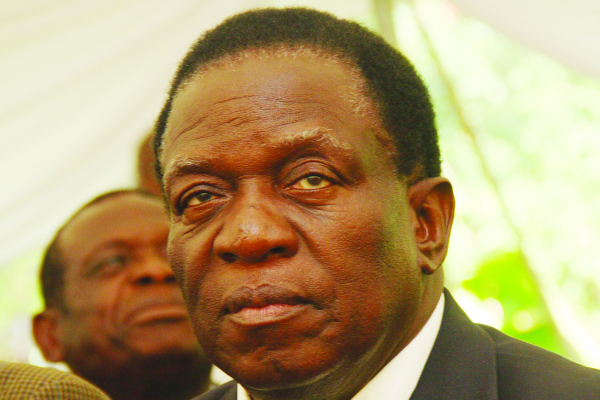
ZIMBABWE has saved $2 billion on imports of non-essential commodities, including potato crisps and mineral water, since the introduction of Statutory Instrument (SI) 64, last year, Vice-President Emmerson Mnangagwa has said.
BY BLESSED MHLANGA
Speaking during the official opening of Hanawa Super Foods, a $3 million wholly-owned Zimbabwean potato crisps manufacturing company, Mnangagwa said the country was now yielding results for imposing the ban on imports.
“As government, we see Hanawa as one of the success stories of the import management programme through SI 64 of 2016, which enabled them to invest in the state-of-the-art equipment. I am told from the Industry and Commerce ministry that since the imposition of SI 64, the country has saved around $2 billion on imports, this is a great achievement,” he said.
In 2015, Zimbabwe spent $1 billion importing potato crisps as the only producer, Cairns Foods, was facing challenges owing to the high volumes of imports.
Mnangagwa said an additional $1,1 billion was earned by local farmers through maize production, which had seen the Grain Marketing Board getting a delivery of 1,1 million metric tonnes of maize worth $3,9 million and tobacco, which earned close to $7,1 million in the season.
Hanawa owner and executive chairman Larry Mavima said the investment opportunity was opened up by SI 64, which allowed him and his family to establish the second potato crisp producer in the country.
Mavima urged locals to invest more in their own country and spend money locally instead of externalising millions outside Zimbabwe.
- Chamisa under fire over US$120K donation
- Mavhunga puts DeMbare into Chibuku quarterfinals
- Pension funds bet on Cabora Bassa oilfields
- Councils defy govt fire tender directive
Keep Reading
“There is no better place to spend money or invest it other than your own country. While we need foreign direct investment, investors can only come if they see locals having confidence in investing in their own country,” he said.











